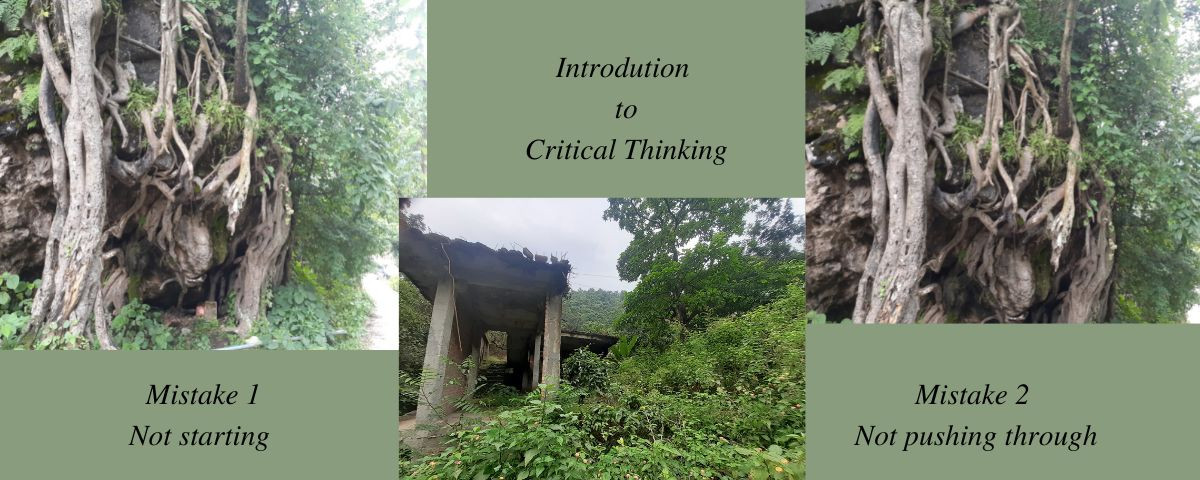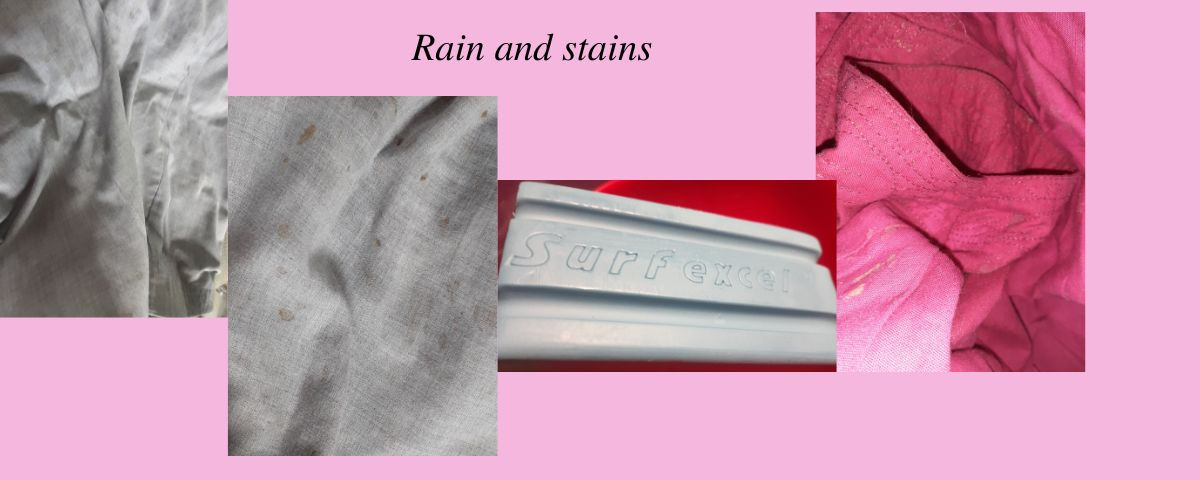It seems at bit late to have to tell adults how to do research and put the information together and then act upon it. By the way, this is the Trivium process I am describing.
Yet here we are.
I think an example will be good. How about sugar? Fat is bad, we all “know” that. But what do we know for real? At a point I looked at the low fat options and found they had other additives that I did not like. Then I looked at the total amount of calories. Fat had been exchanged with sugar, the High Fructose Corn Syrup. Then I was introduced to Robert Lustig and his many videos on sugar, watch the earlier ones like “Sugar the Bitter Truth”, where he explains in depth the raise of overweight and how it to correlates to the introduction of the corn sugar in a country. It is an artificially produce from corn, is fluid at all temperatures and it is cheap.
The early studies of fat vs sugar showed that sugar was the villain. But low and behold we were all told that fat was the bad one. When you look into that you will find that the good fats, like butter/ghee, oils and fatty vegetables like avocado is necessary for your health. Then the story of how bad salt is. You need fat and salt for your nerves to work properly. The good fat, the good salt produced so you get the full benefit of the fat and the salt. By the way you will find that the combination of salt and sugar will make you, the consumer, eat more, do your own research.
How do you do research? The above mentioned facts are obtained over a long time of listening and reading. There is only one way to do this. IT IS TO START !!
Sit down by your computer or phone and look into how many search engines you can find. Then check what kind of results you get from the different ones. Look up things you are interested in or where you have prior knowledge. Then take time to free flow of searching what ever comes across in the search results. A good many times you will find results where you have to do some more research. And you will find more interesting rabbit holes.
Years ago my late husband was given some Anti-Acid pills for his stomach issues. I used some time to look into the ingredients. Then I looked into the side-effects. I started reading that out loud to him. He thought I was asking about his symptoms. All his problems would also be side-effects from the medicine. So I looked to the explanations for the stomach issues. And after some time it was clear that he actually had too little stomach acid, that the food he ate would ferment in his stomach before it would reach the intestines. I researched again, found natural remedies, and we eventually bought some stomach acid and pepsin pills from Germany. Within a few weeks the skin in his face had changed and both our digestions had become better.
When you meet some results that are tagged with links to Wikepedia or some government official site, check it out and research some more.
There are a lot of controversial topics, research both sides, note which search engines will give the more unexpected results and where you find the “we all know that”. My advice would be to ask “who told you?” and “are you sure?”.
You have to be able to look at the factual search, like about sugar. But you cannot leave it by that, you will have to look at the bigger picture. “Who benefits?”, “follow the money” and then the bigger questions comes like “who has an interest in a population of fat people?”.
Behind that you will have to ask other questions, like “why” “what is the purpose of making people sick with adding sugar and salt and other additives, that makes rats die of cancer?”.
There are only 2 mistakes, not starting and not following through to the end.





